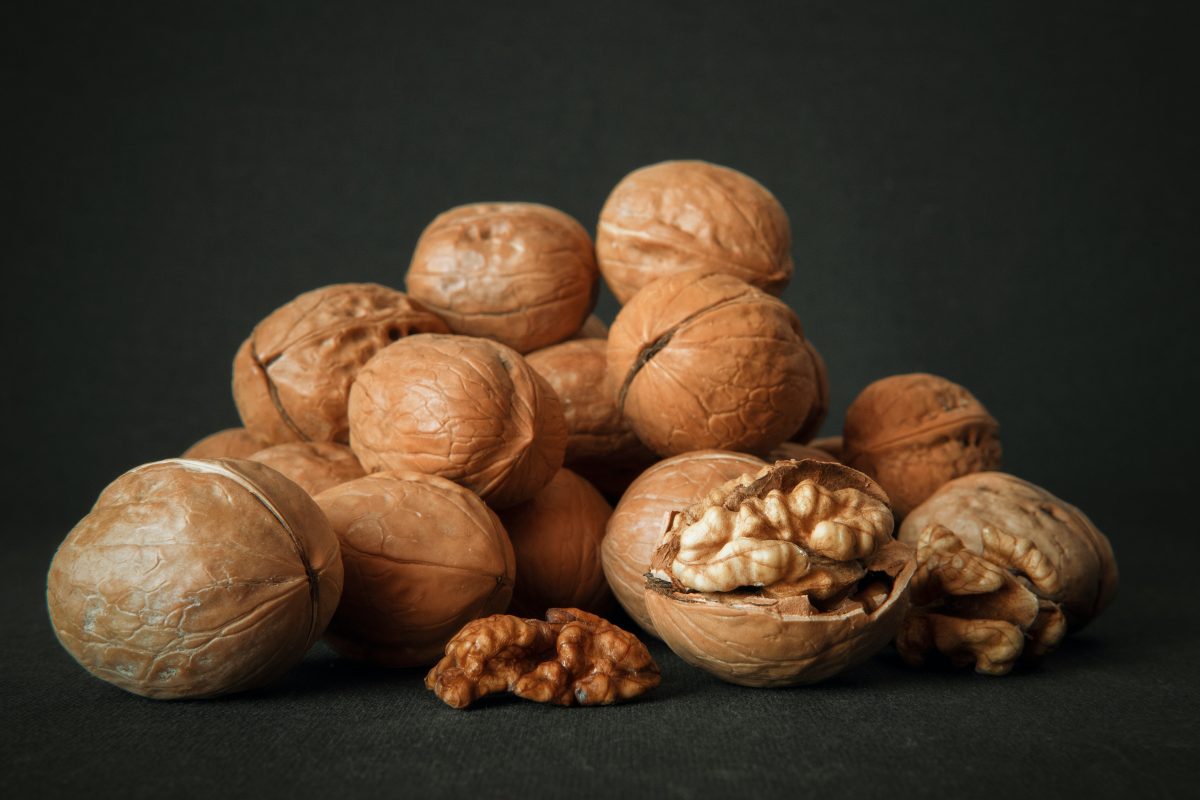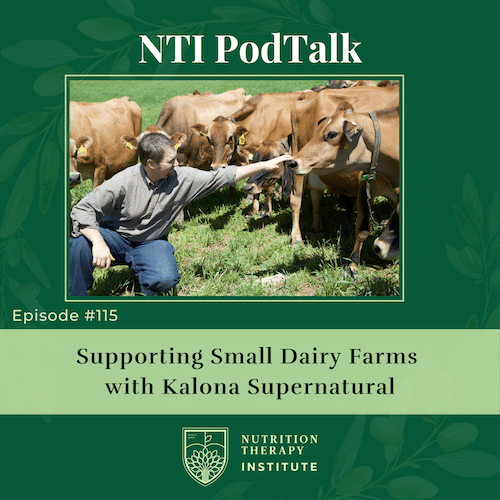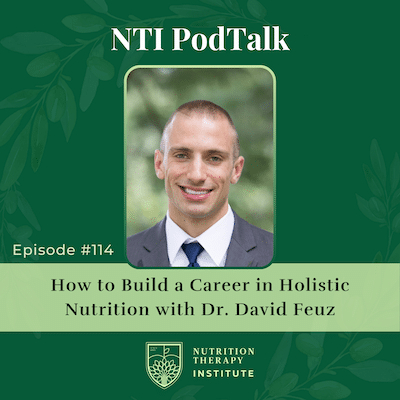
Share this post!
September is Prostate Cancer Awareness Month, which is the perfect time to discuss nutritional approaches to prostrate health and keeping this male reproductive organ healthy, especially as men age. The prostate is a walnut-sized organ located below the bladder and surrounding the urethra. It actually functions as both a gland and a muscle, producing prostatic fluid and pumping fluid out through the urethra.
Men can live without a prostate, but because it is surrounded by many critical arteries, nerves, and muscles, prostate surgery and treatment for prostate cancer (radiation and chemotherapy) leaves a man vulnerable to impotence, infertility, and incontinence. Prevention and early detection of disease are key to keeping the prostate healthy. In this article, we’ll discuss prostate diseases and the causes behind them and how to keep the prostate healthy with nutrition and supplements. Since men have a reputation for putting off annual exams, be sure to share this with the men in your life and encourage them to take care of their prostates!
Underlying causes of prostate imbalance
Although there is not a known direct cause of prostate disease, studies have shown that lifestyle and diet, as well as genetics play a role. Obesity, diabetes, heart disease, aging, and the use of beta blockers are also risk factors for prostate enlargement. Men who consume the standard American diet with processed foods, trans fats, and refined sugars are at a higher risk of developing prostate disease.
Estrogen dominance has been linked to prostate cancer, so men should take steps to limit their exposure to xenoestrogens (chemicals that mimic estrogen) common in pesticides/herbicides, plastics, and other environmental toxins. Men should ensure their produce, meat, and dairy products are organic, use natural toiletries (deodorant, body wash, lotion, etc.) without parabens and phthalates, and use BPA-free containers to store food and drinks.
Zinc deficiency is strongly correlated to prostate disease. Grass-fed beef, crab, pumpkin seeds, and sesame seeds (the tahini in hummus is a tasty way to enjoy) are great food sources to obtain this important mineral.
RECIPE >>> Smoky Cauliflower Hummus
Diseases of the Prostate
Benign Prostatic Hyperplasia (BPH)
The prostate continues to grow throughout a man’s life, but because it is surrounded by a layer of tissue that prevents it from growing outward, it grows inward, potentially clamping around the urethra. BPH is prostate enlargement that results in decreased flow of urine through the prostatic urethra. It can cause painful or difficult urination and voiding completely or the frequent need to urinate. Antihistamines can exacerbate BPH. Conventional treatments include watchful waiting, alpha blockers to relax the sphincter at the base of the bladder so that urine can flow more freely, 5-alpha reductase inhibitors that suppress conversion of testosterone to DHT (which has been shown to trigger prostate growth), and surgery. BPH is a very common affliction among older men, with almost half of all men over the age of 60 having some symptoms of an enlarged prostate.
Prostatitis
Inflammation of the prostate that many men have without knowing it. Can be acute or chronic and bacterial or nonbacterial. Symptoms may include fever, chills, pain in the lower pack, and frequent urination. Conventionally treated with antibiotics, but studies have found that men with chronic prostatitis have low concentration of zinc in their prostatic fluid. Zinc acts as a potent antibacterial agent, so supplemental zinc is helpful for men with chronic prostatitis. Acupuncture has also been shown to reduce prostatitis symptoms.
Prostate Cancer
Except for skin cancer, prostate cancer is the most common cancer in men; however, most men will die with the disease, not from it. Men with prostate cancer often have prostatitis, BHP, or both. Cancer cells begin to grow inside the ducts of the prostate gland for no known reason. It is usually curable. Prostate-specific antigen (PSA) testing is used as a screening tool for prostate cancer. Higher levels are associated with enlarged prostates but also increase gradually with age, so it’s important to consider several factors when diagnosing prostate cancer and starting a treatment protocol. Conventional treatments include watchful waiting, surgery to remove the prostate, radiation, chemotherapy, and hormone therapy.
Keeping the prostate healthy
A whole-food diet that is full of antioxidant-rich vegetables and fruits as well as healthy fats is the best way to keep the prostate healthy. Make sure that fruits and vegetables are organic, as chemical pesticides and fertilizers contribute to prostate disease. In addition, there are several nutrients that are especially important for the prostate, including zinc, selenium, lycopene, vitamin D, and B vitamins. These can be found in the following foods:
- Oysters
- Pumpkin seeds
- Brazil nuts
- Sunflower seeds
- Wheat germ
- Liver
- Sweet potatoes
- Blackstrap molasses
- Tomatoes
- Green tea
- Salmon
- Lentils
READ MORE >> Dude’s Foods: Eating for Testicular Health, Men’s Health, & Nutrition to Support Healthy Testosterone in Men
Healthy sources of fats include grass-fed meats, pastured butter, coconut oil, olive oil, flaxseed oil, avocados, fish, nuts, and seeds.
Cadie Berrian, BA, MNT
Image by Dmitry Demidov is free for use by Pexels
Share this post!


















